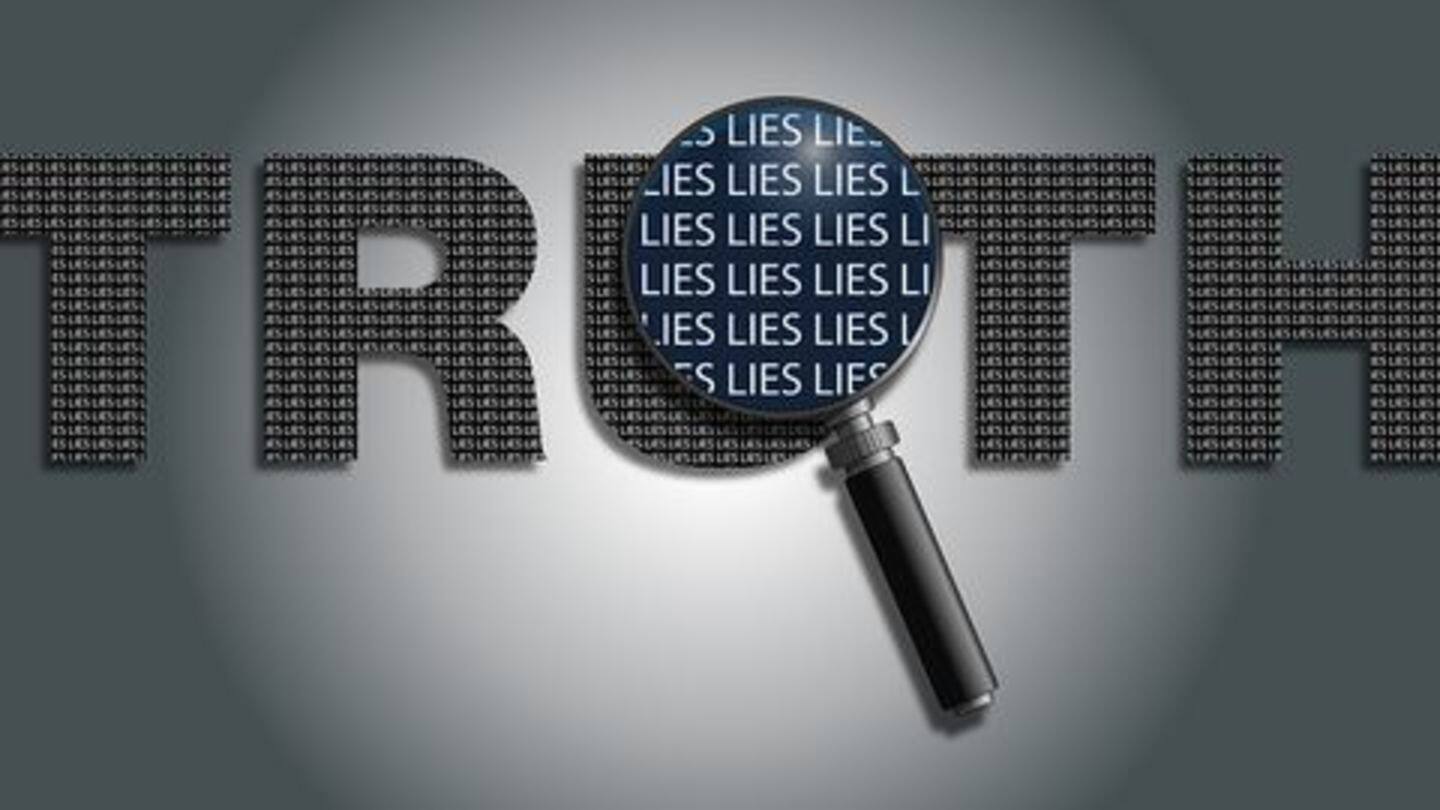
Facebook, Twitter being increasingly used to spread political propaganda
What's the story
In social media, truth takes a back seat and propaganda rules; it's not a random observation but the summation of a detailed study made by Oxford Internet Institute's Computational Propaganda Research Project. It covered nine nations, Brazil, Canada, China, Germany, Poland, Taiwan, Russia, Ukraine, and US, interviewed 64 experts and analyzed millions of social media posts to reach this conclusion. Here's all about it.
Votes
Where the vote bank resides
In the modern world, opinions are no longer formed via one-on-one interactions, they are developed through what's trending on social media. This is where the voters form their opinions from and make their choices. Political parties understand this phenomenon and are increasingly pushing lies and propaganda to veer the crowd in order to get a favorable opinion of them. This is the new battlefield.
Fake
Fake accounts spreading fake news
The tactics at play here is to create a plethora of automated accounts that'll continuously like, share and post things that are in favor of a certain political faction. Making use of game algorithm, they enter the curated social feeds. Once something is liked or shared by multiple accounts, social media networks amplify it again, making it ripple through the masses.
Opinion
Deciding the opinion of others
Once this gets traction, it drowns reasoned debate. The social network is all about volumes and numbers, which are marked by arguments and it makes things one-sided, which then becomes a parameter of popularity among others. If you repeat a lie over and over again, chances are someone will believe that it's the truth; imagine doing it 500 million times and its result.
Study
The situation is way worse than you think
The research found that the governments actively manipulate its netizens via bots and fake accounts. Allegedly, Russia controls 45% of its Twitter activity via automated accounts and the consensus or illusion of it, is created in the USA by hitting on key social nodes. Junk news and automated accounts give misinformation to people and make netizens have a very different idea of incidents.
Fact check
Don't believe everything you read on social media
Director of research, Samuel Woolley sums it up with an apt example, "Picture your annoying friend on Facebook, who's always picking political fights. If they had an army of 5,000 bots that would be a lot worse, right?" Social platforms are doing zilch to stop this menace, "for the most part, they leave it to the user community to police themselves, and flag accounts."